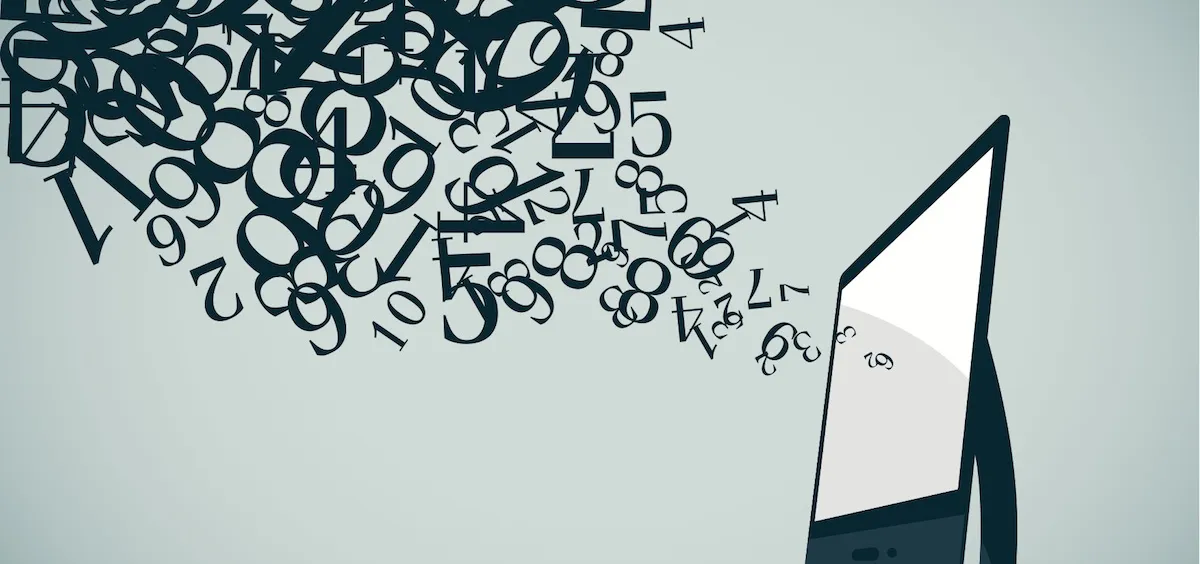Decoding Chinese “internet numeral language”
“Chinese characters must be reformed. They must follow the path of phoneticization taken by the world’s scripts,” Mao Zedong suggested in 1951, amid a wave of language reform proposals after the founding of the PRC. Prior to the Chairman, intellectuals such as Qian Xuantong and Lu Xun similarly recommended that a phonetic writing system could aid modernization.
One wonders what these early reformers would think of “internet numeral language” (网络数字语言), the completely numbers-based slang that developed during the rise of gaming and internet chat rooms in the late 1990s and early 2000s. Similar to “l33t speak” in English, this internet dialect replaces Chinese characters with Arabic numerals that look or sound like them. Numeral language is usually used for convenience or humor, though a discussion on Baidu Forums also suggests that one can convey intensely personal feelings, like “I love you” (520 in numbers-speak), without coming off too strong.
TWOC has previously introduced numeric slang such as 520 and the infamous 666. Below is a by-no-means exhaustive list of what each numeral typically stands for, as well as a few common and uncommon numeric expressions. See if you can guess their meaning:
Basic
0 (líng) – Perfection; you (你, nǐ)
1 (yī) – You (你, nǐ)
2 (èr) – Love (爱, ài)
3 (sān) – To miss [someone]; to think of [someone or something]; to want to do something (想, xiǎng)
4 (sì) – Yes (是, shì)
5 (wǔ) – I (我, wǒ)
6 (liù) – Smooth (溜, liù)
7 (qī) – Please (请, qǐng); anger (气, qì)
8 (bā) – Prosperity (发, fā); goodbye (拜, bái)
9 (jiǔ) – Longevity, a long time (久, jiǔ); save (救, jiù); please (求, qiú)
Intermediate
233 – Laughter, equivalent to “lol” in English, originates from a laughing emoji numbered 233 on the Chinese social media platform MOP. There can be as many 3s as the writer feels appropriate to express the length of their laughter
555 – Crying; the number 5 is a homophone for the onomatopoeia of crying (呜, wū). Similarly to the usage of 3, the writer can use a number of 5s proportional to their tears
666 – Not a stand-in for Satan: a series of 6s is a compliment, as 6 is a homophone of “slick” or “awesome” (溜, liù)
88 – A homophone for “bye-bye”
99 – An SOS call to one’s teammates in gaming, as 9 is a homophone for “rescue,” (救, jiù); a vow among lovers to stay together a long time, in the sense of “longevity” (久, jiǔ); or, writing three or more 9s can also be a way of saying something is “extra awesome,” since 9 is 6 upside-down
Advanced
520 or 521 – 我爱你 (“I love you”); as a date, “520” (May 20) is its own holiday in China
1414 – 意思意思 (“It’s just a gesture”)
9494 – 就是就是 (“That’s right”)
7456 – 气死我了 (“I’m so angry I could die”)
39 – “Thank you”: the number looks like “3q,” a homophone for “thank you”
Wizard (Click “Show Answer” to see the answers)
25184 –
Show Answer
爱我一辈子 (“[Please] love me a lifetime”)
Hide Answer
31707 –
Show Answer
LOVE (read it upside-down)
Hide Answer
5201314 –
Show Answer
我爱你一生一世 (“I will love you all my life”)
Hide Answer
70345 –
Show Answer
请你相信我 (“Please believe me”)
Hide Answer
82475 –
Show Answer
被爱是幸福 (“Happiness is being loved”)
Hide Answer
912535 –
Show Answer
求你爱我想我 (“Please love and miss me”)
Hide Answer












